Is Hair Thinning Common with Age in Women?
Understanding Why Hair Changes as We Grow Older
Hair thinning is a common experience for women as they age, often influenced by a variety of factors like hormonal changes, genetics, and lifestyle. While this change can be unsettling, understanding the causes can help you find ways to manage and care for your hair health at every stage of life.
1. Hormonal Changes and Their Impact on Hair Growth
As women approach menopause, changes in hormone levels—especially the decrease in estrogen—can contribute to hair thinning. Estrogen supports hair growth and thickness, so when levels decline, hair may become thinner and more fragile. This can be especially noticeable during and after menopause, as the body’s balance of hormones shifts.
2. Genetics and Age-Related Hair Thinning
Genetics also play a significant role in how hair changes with age. If your mother, aunts, or other female relatives experienced hair thinning as they got older, it’s likely you may see similar changes. This type of age-related hair thinning, known as female pattern hair loss, typically involves a gradual reduction in hair density, especially at the crown and part lines.
3. Nutritional Needs for Aging Hair
As we age, our bodies often require more specific nutrients to maintain health, and our hair is no exception. Nutrients like biotin, vitamin D, and zinc are crucial for hair growth, yet it can be challenging to meet these needs through diet alone. Deficiencies in these nutrients may contribute to hair thinning over time. Adding nutrient-rich foods to your diet, such as leafy greens, lean proteins, and fortified grains, can help support hair strength.
4. Stress and Lifestyle Factors
Chronic stress, whether physical or emotional, can accelerate hair thinning. Stress pushes a larger percentage of hair follicles into the resting phase, leading to increased shedding. Lifestyle factors, including sleep quality, exercise, and stress management, all play a role in supporting healthy hair growth. If you’re experiencing high levels of stress, incorporating relaxation techniques and gentle self-care practices can help minimize its effects on your hair.
5. Caring for Aging Hair: What You Can Do
There are several ways to care for thinning hair as you age. Using gentle hair care products, reducing heat styling, and avoiding tight hairstyles can all help protect hair from further damage. In addition, topical treatments and certain hair restoration therapies can help to nourish the scalp and promote fuller-looking hair.
Hair Care Support at Every Age
At Nurse Holly Aesthetics in Lakewood Ranch, FL, we specialize in personalized consultations to address your unique hair concerns. From lifestyle recommendations to advanced hair care treatments, we’re here to help you maintain healthy, beautiful hair no matter your age.


Business Hours
By Appointment Only
Check Availability - Convenient Booking Online

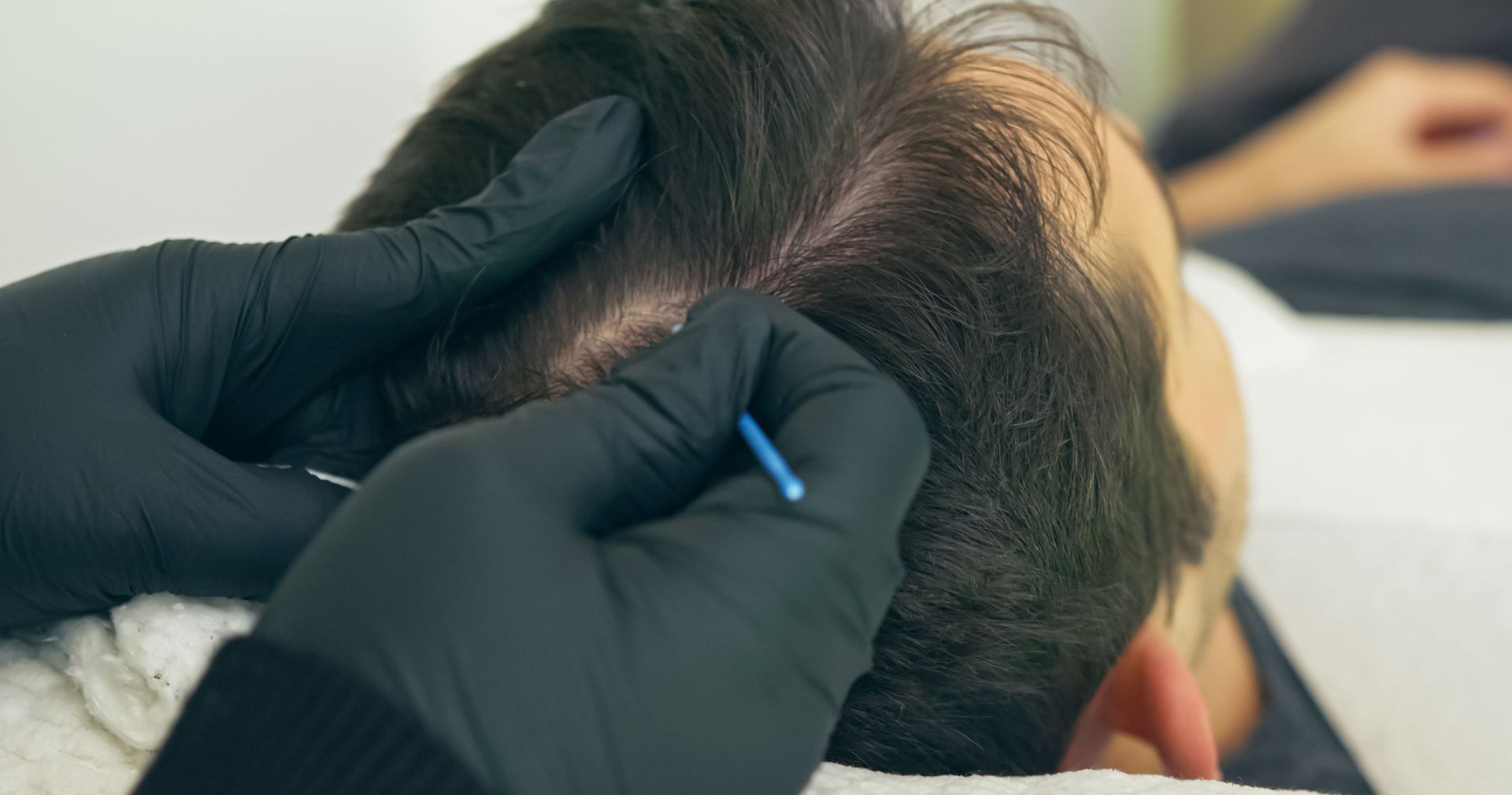
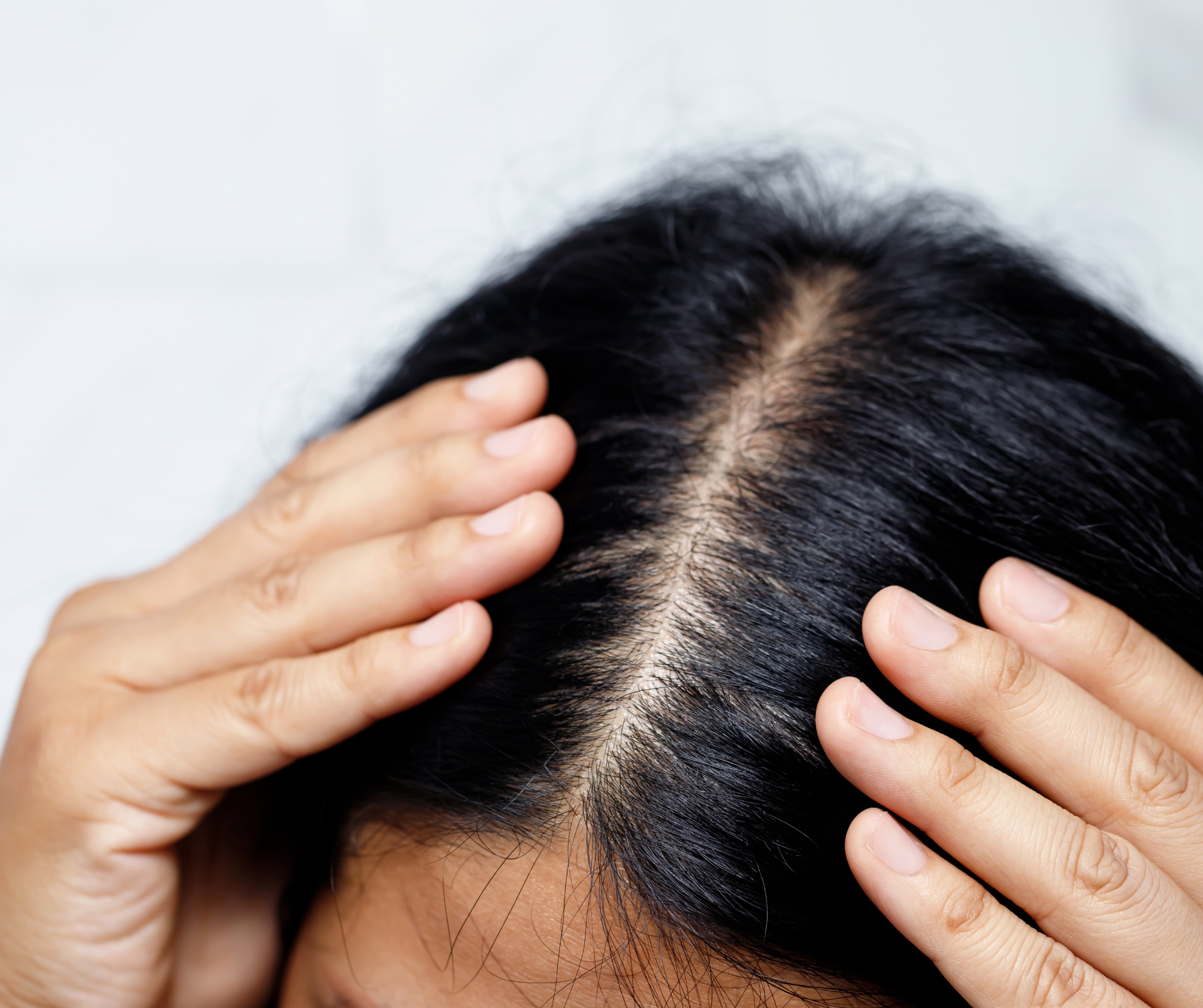
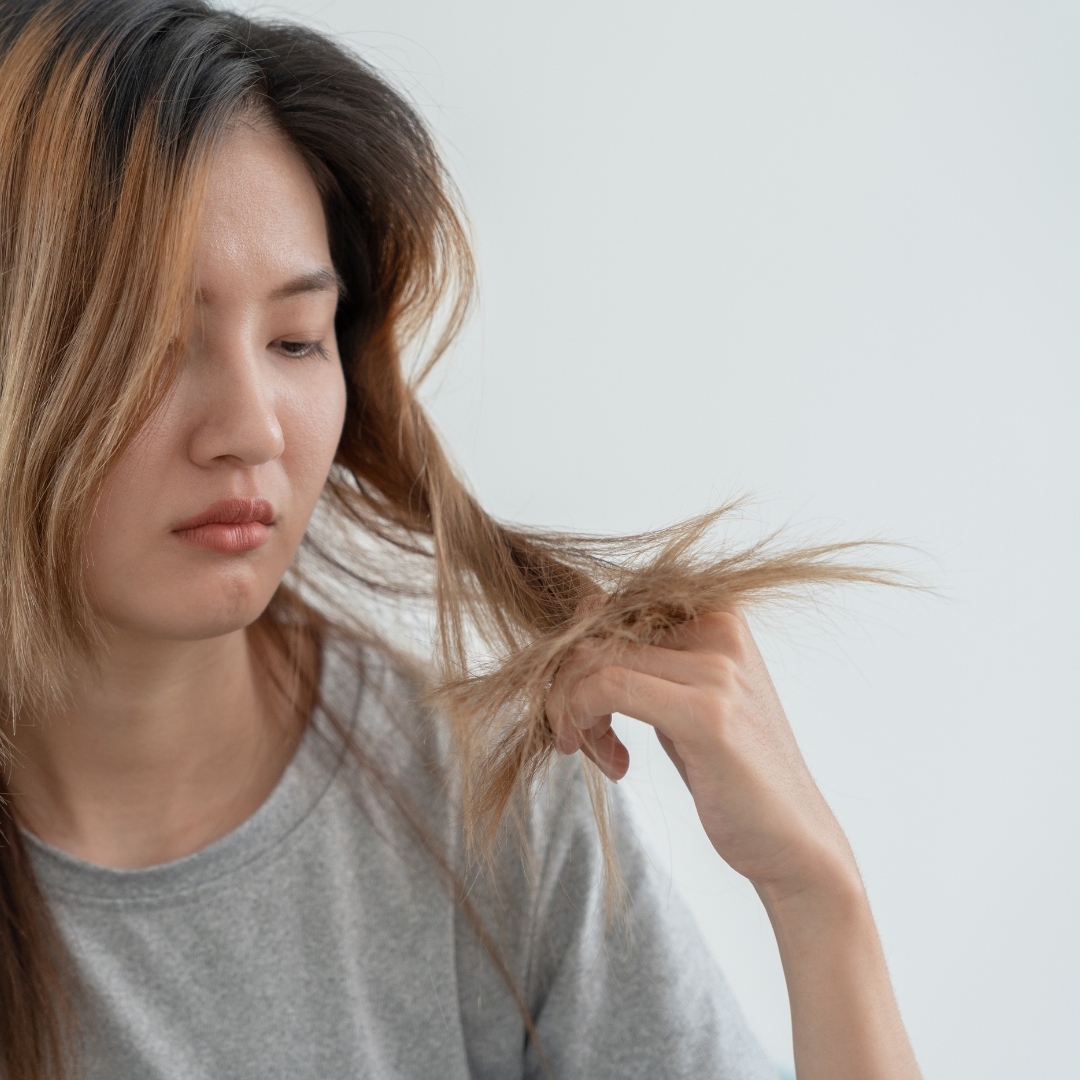
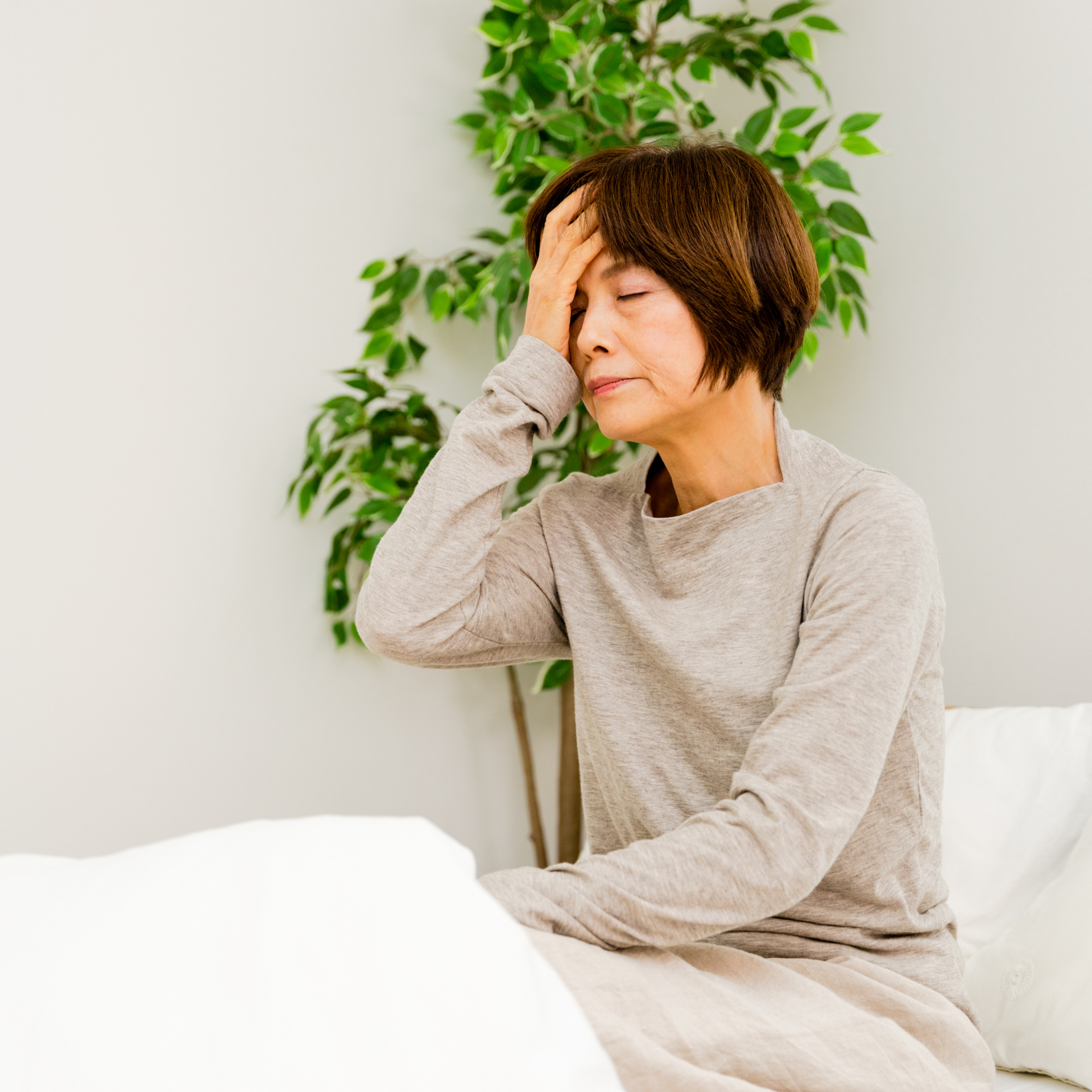
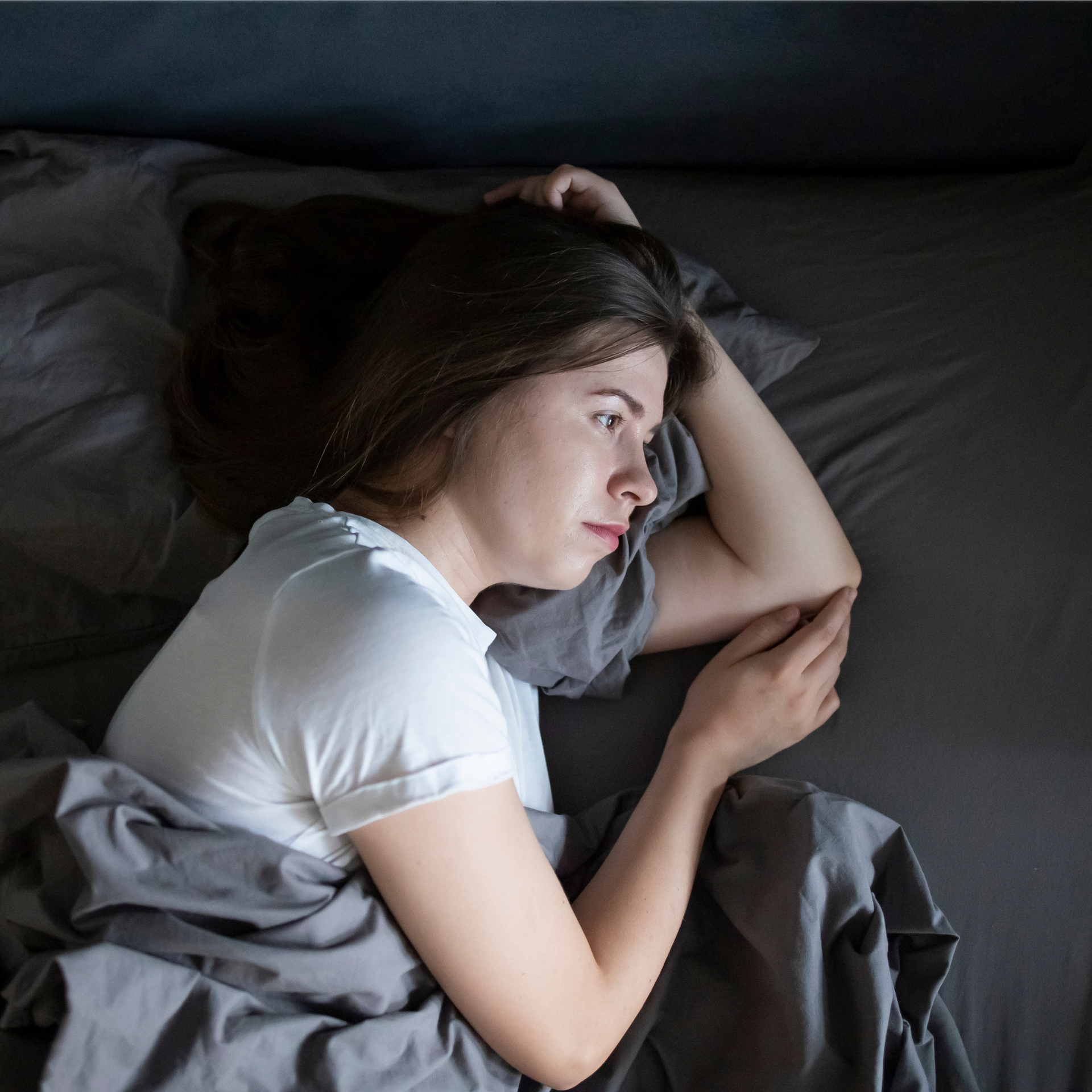
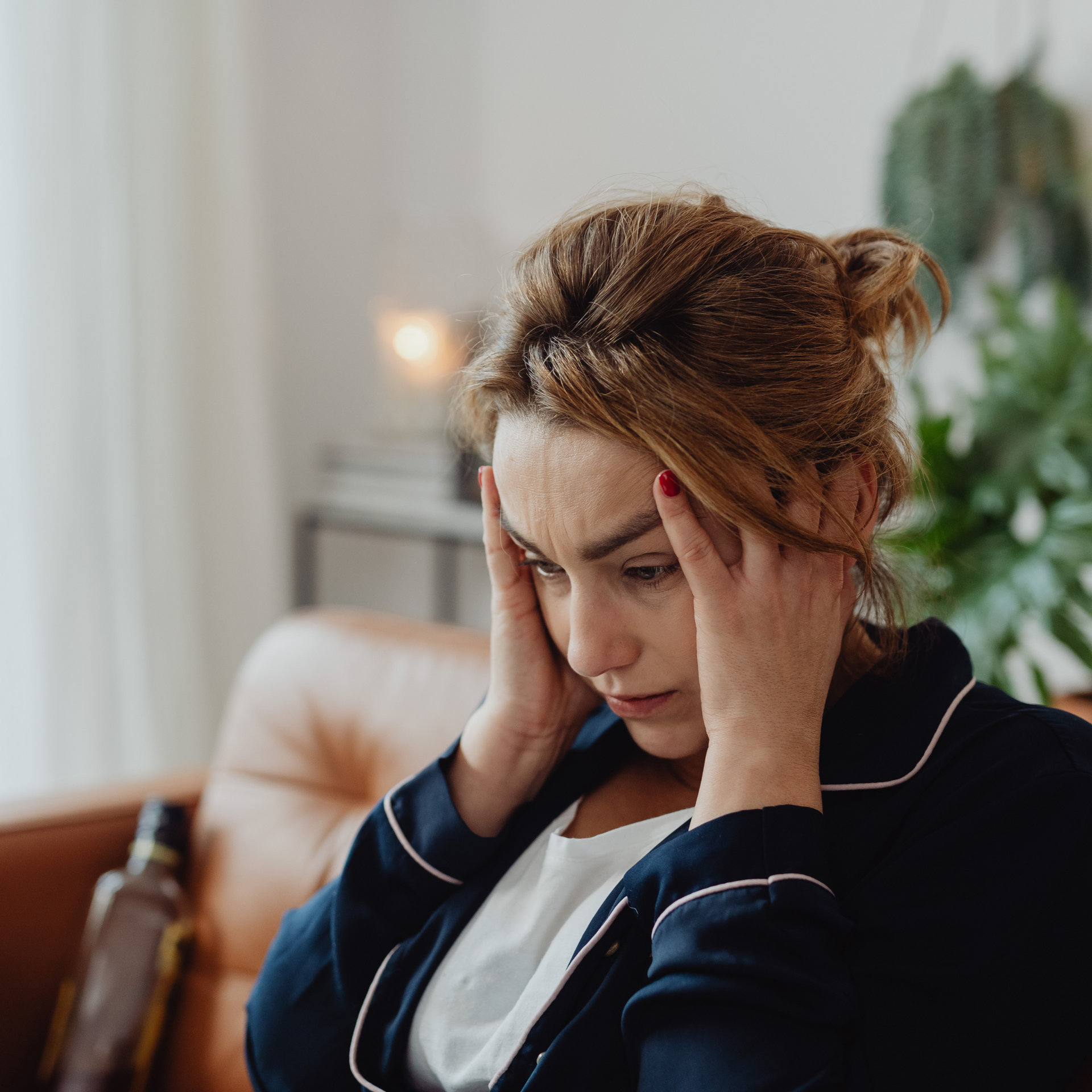

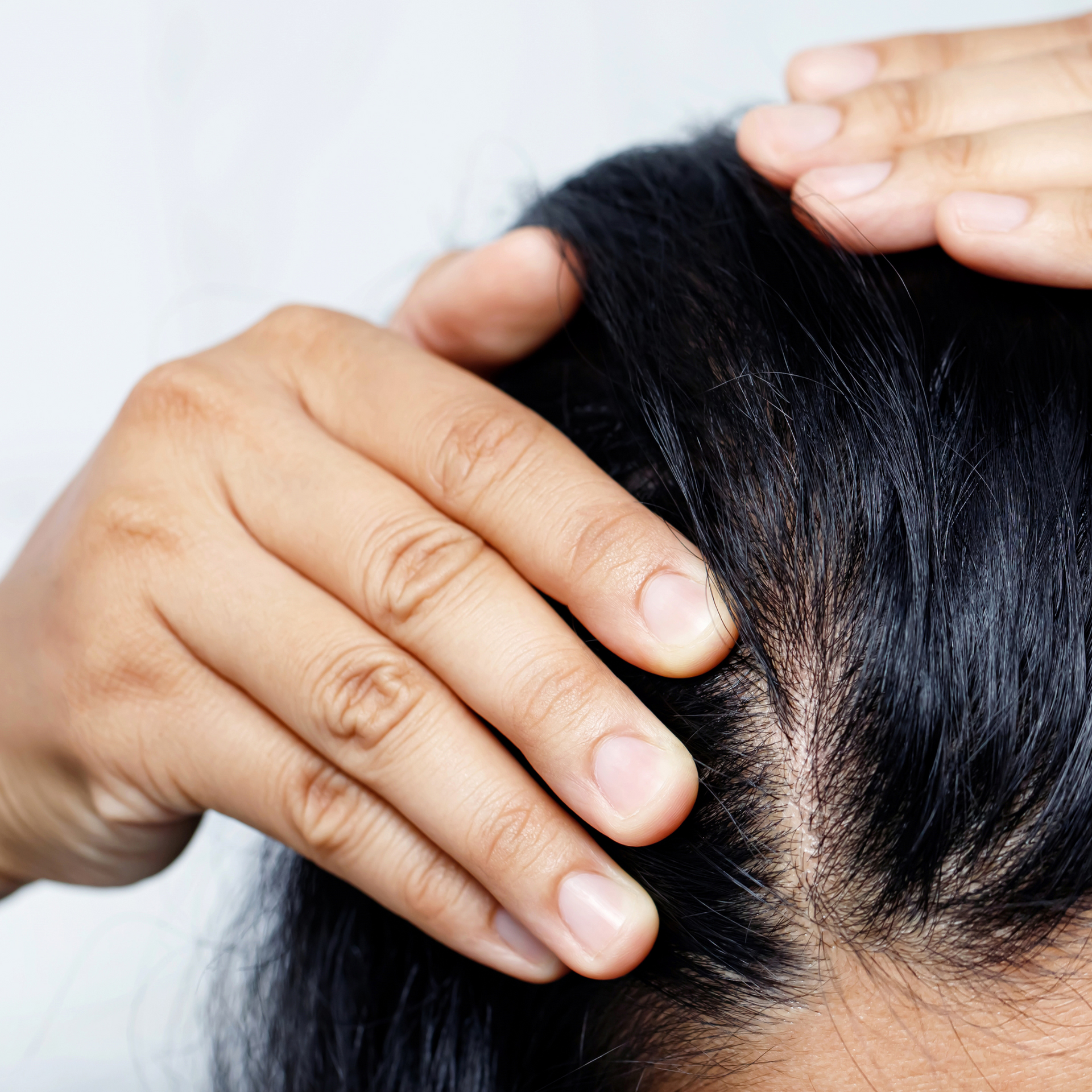
Share On: